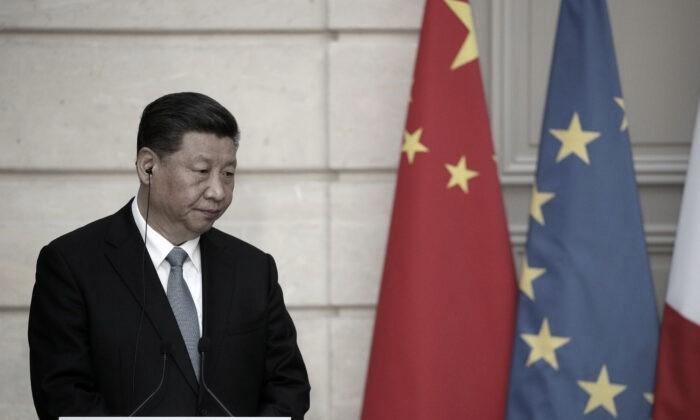An EU rapporteur is raising concerns about foreign interference in the European Union, in particular, that coming from the communist regime in China.
“We cannot accept that there is still no task force monitoring interference coming from China,” stated Sandra Kalniete, a Latvian member of the European Parliament, in her draft report (pdf) released last month. She said China’s foreign interference actions were committed to “undermining democratic functioning in order to gain influence.”



